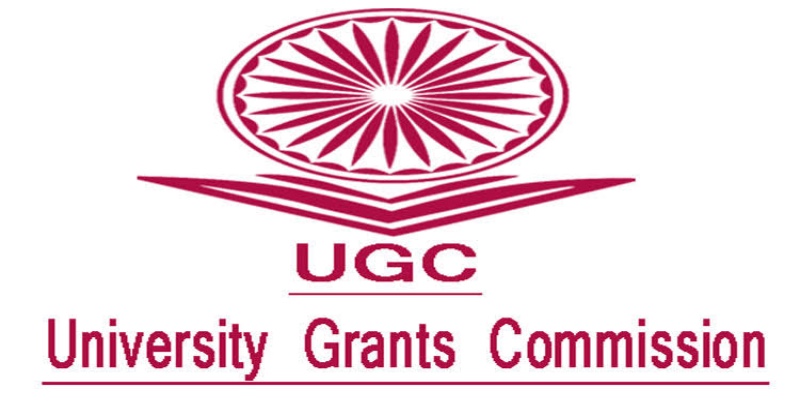
The University Grants Commission (UGC) has lodged a complaint with the Chief Secretary of Tamil Nadu regarding the formation of search-cum-selection committees for appointing vice-chancellors of state universities. The UGC has expressed its objection to these committees being formed without the involvement of a nominee from the UGC chairman. The UGC has cautioned that appointing a vice-chancellor in violation of its regulations would be deemed “null and void” and could result in legal complications.
This concern from the UGC pertains to a September 13th gazette notification issued by the Tamil Nadu government, which established a search committee responsible for recommending a panel of three individuals for the selection of a vice-chancellor for the University of Madras, one of India’s oldest universities.
The UGC has cited a Supreme Court ruling from the previous year, which emphasized that the appointment of vice-chancellors must adhere to UGC regulations, even if state laws have more lenient eligibility criteria.
A dispute has arisen between the Tamil Nadu Governor RN Ravi and the state’s DMK-led government over the appointment of vice-chancellors. This disagreement, particularly concerning the constitution of a search committee to select the vice-chancellor, has left several state universities without leadership for several months.
The governor, who serves as the ex-officio chancellor of state universities, announced the formation of search-cum-selection committees for three institutions, including the University of Madras. He also appointed a UGC nominee to the committee. However, on September 13, the state’s higher education department issued a notification for a search-cum-selection committee that excluded the UGC chairman’s nominee, leading to a dispute with the governor.
The Tamil Nadu government had passed two bills in April that granted it the authority to appoint vice-chancellors to 13 state-run universities. The ongoing standoff has resulted in the absence of vice-chancellors in these three universities, with the University of Madras being without a leader for four months and the other two universities for nine months.

Post Your Comments